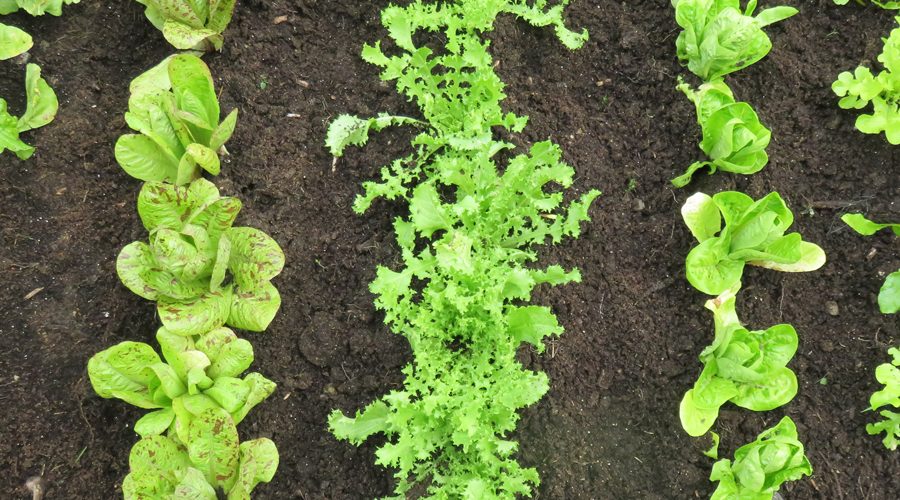We like to encourage growers to recognise the importance of looking after the soil in gardens and veg plots. Growing our own food (and other plants) gives us a little control over what we are putting on and in the soil and how we are treating it. It will make a huge difference to the plants themselves, as well as to the worms and all their friends right along the food chain where you live.
Add plenty of organic matter to soil
This is the number one way to put nutrients back into the soil. Organic matter would include a leaf mould mulch, organic compost and well-rotted manure. Adding wormcast fertilise is an excellent way to nourish the soil too, as this is a slow-releasing fertiliser that will keep nourishing plants over several months. You can dig it in, add a handful when planting or use it to make a liquid feed during the summer.
Mulch/cover bare soil
The health of bare soil exposed to the elements is quickly affected by frost, snow, rain, sun etc. If you have empty beds in your plot they are best either well mulched with compost/well rotted manure or covered (e.g. with cardboard or a sheet of polythene that can be removed when you are ready to plant)
Go no-dig
Leaving the soil as undisturbed as possible allows the underground network of creatures and fungi to do their thing. This is why no-dig works so well. Rather than digging over the soil before planting you simply cover it generously with mulch each season leaving the soil underneath untouched.
Don’t use weedkiller
It’s so quick to destroy things and not good at all for the soil. If you have weeds abound and not enough time to keep on top of them, then please look into no-dig as an alternative way to keeping them down, or plant through biodegradable ‘plastic’ alternatives like corn starch weed block if you are short on time. Or invest in a few bags of Strulch which can really help to keep weeds at bay.
Don’t use pesticides
Try companion planting instead, and follow our Weekly Veg Out for top tips on dealing with pests the natural way. We find it best to use a combination of companion plants, insect proof netting, strong jets of water from the hose (for aphids), beer traps for slugs and a few other handy little tricks whilst being prepared to tolerate some damage.
Keep your plot tidy
It’s easy to overlook the bits and bobs that we introduce to the garden, but old plastic plant pots/labels, bits of garden string and so on can quickly be torn to shreds by the wind, rain etc, and the smaller they get the easier it is for them to get lost in the soil.
Make (and use!) your own compost
Using your own homemade compost is so good for your garden, if you have a little space, then it really is a great idea to set up a small compost bin/pile or a multi-bay composting area if you have a bigger space.
Grow year round
Keeping your plot planted up all year round is the best option as it is not good for soil to be exposed directly to the elements. If you’re short on time/energy in the winter months, just planting up lots of spinach, chard, kale and broccoli in autumn can be a brilliant way to grow – it involves minimal effort and you can happily leave them all growing outdoors untended and just enjoy using all the leaves in early spring.
Grow lots of different things
Be sure to grow lots of flowers, some trees if you can even if they are dwarf varieties, as well as all your veggies. The more the merrier as it attracts different creatures – bugs, birds, bees, badgers, moles, worms and so on – which all play their part in the eco-system and affect soil health.
Rotate crops
You don’t have to rigidly follow a crop rotation system to help your soil – simply growing different plants in different parts of the plot each season will be enough to help keep nutrients balanced in the soil.

